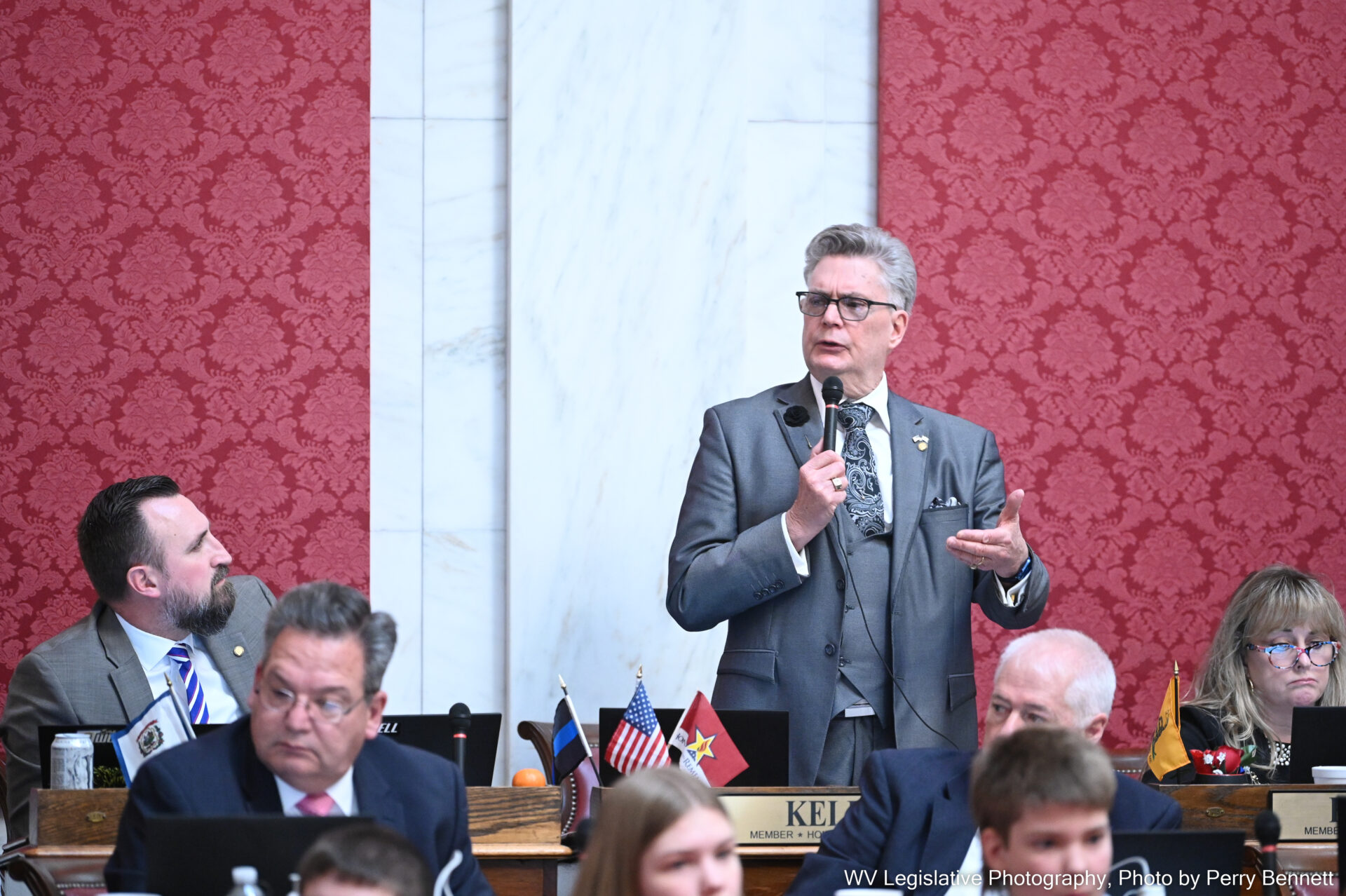On Thursday, the House of Delegates lifted the requirement that medical facilities must show a service is needed and extended a State of Emergency for the state’s corrections system.
House Bill 613 passed with a 75-20 vote. The bill lifts certificate of need requirements for birthing centers and medical facilities on a hospital campus and allows facilities other than hospitals to perform MRI’s. Previously, medical facilities had to get state approval before offering new services.
Del. Mike Pushkin, D-Kanawha, opposed the bill, concerned the measure would hurt more people than it helped.
“When you allow these private practices to offer these types of procedures that are really what they can bill a whole lot more with, the hospitals also will bill a whole lot more,” Pushkin said. “When they can cherry pick, and they can say, well, we’re not going to take PEIA, we’re not going to take Medicaid, we’re not going to take Medicare, we’re only gonna take private payers. The hospitals, they have to take everybody and rightfully so. Then you can run into a dangerous situation, and who will it hurt? The people who need the services because they can’t afford it.”
Del. Heather Tully, R-Nicholas, supported the bill. She said it would help her constituents with enhanced medical options.
“I live in Summersville. As you all well know, it’s about an hour commute either to Beckley, an hour and a half to Charleston, an hour and a half to Clarksburg or some of our patients even go to Elkins to get obstetrical care,” Tully said. “My hospital in my community also is interested in expanding some cancer treatment services and so that would also eliminate the travel times for patients in my area that may need cancer treatment services if those are to be implemented.
HB 613 is effective from passage and now goes to the governor for his signature.
The House passed House Concurrent Resolution 78, indefinitely extending Gov. Jim Justice’s state of emergency over correction facilities staffing levels. The concerns continue to focus on safety, security and maintaining National Guard support.
Del. David Kelly, R-Tyler, chair of the House Jails and Prisons Committee, spoke of the continued dangerously low corrections employment rate.
“We expect to spend anywhere from $17 to $20 million this year, just to cover the cost of our National Guard. Additionally, we’re looking at $22-plus million dollars last year in overtime. And we can only expect that that number will increase this year, because we’re losing our officers almost on a daily basis,” Kelly said. “Our officers are saying I can’t do this anymore. And so I just want to share just a few things with you, if I may. As of March 2, we have 1,042 overall vacancies in DCR, that’s 27 percent. Now when we narrow that down, what we’ve got are 751 officer vacancies. That’s unconscionable. That’s 33 percent vacancies in our jails and prisons.”
The House also completed legislation on House Bill 2002, providing support for families by increasing an adoption tax credit, establishing the eligibility of adopted children of West Virginia residents for early intervention services and creating the West Virginia Mothers and Babies Pregnancy Support Program.
And they passed Senate Bill 273, which allocates child protective service workers in counties according to a county’s average caseload and population based on the 2020 Census.
The bill requires the Department of Human Services to report those changes to the legislature and have a backup system in the event of a centralized intake outage. The bill also orders the development of a merit-based system for specified employees.
Both HB 2002 and SB 273 now go to the governor for his signature.
